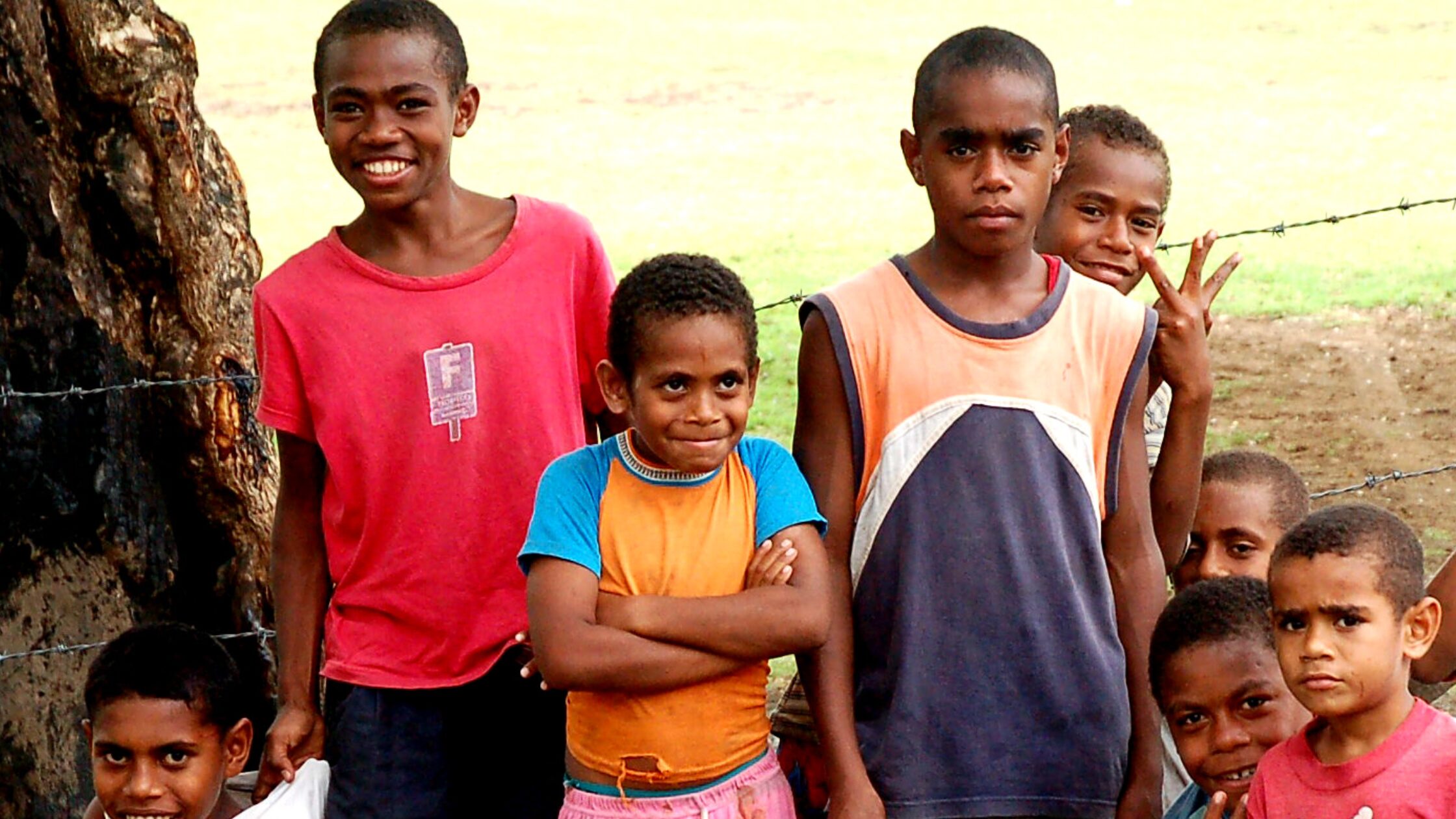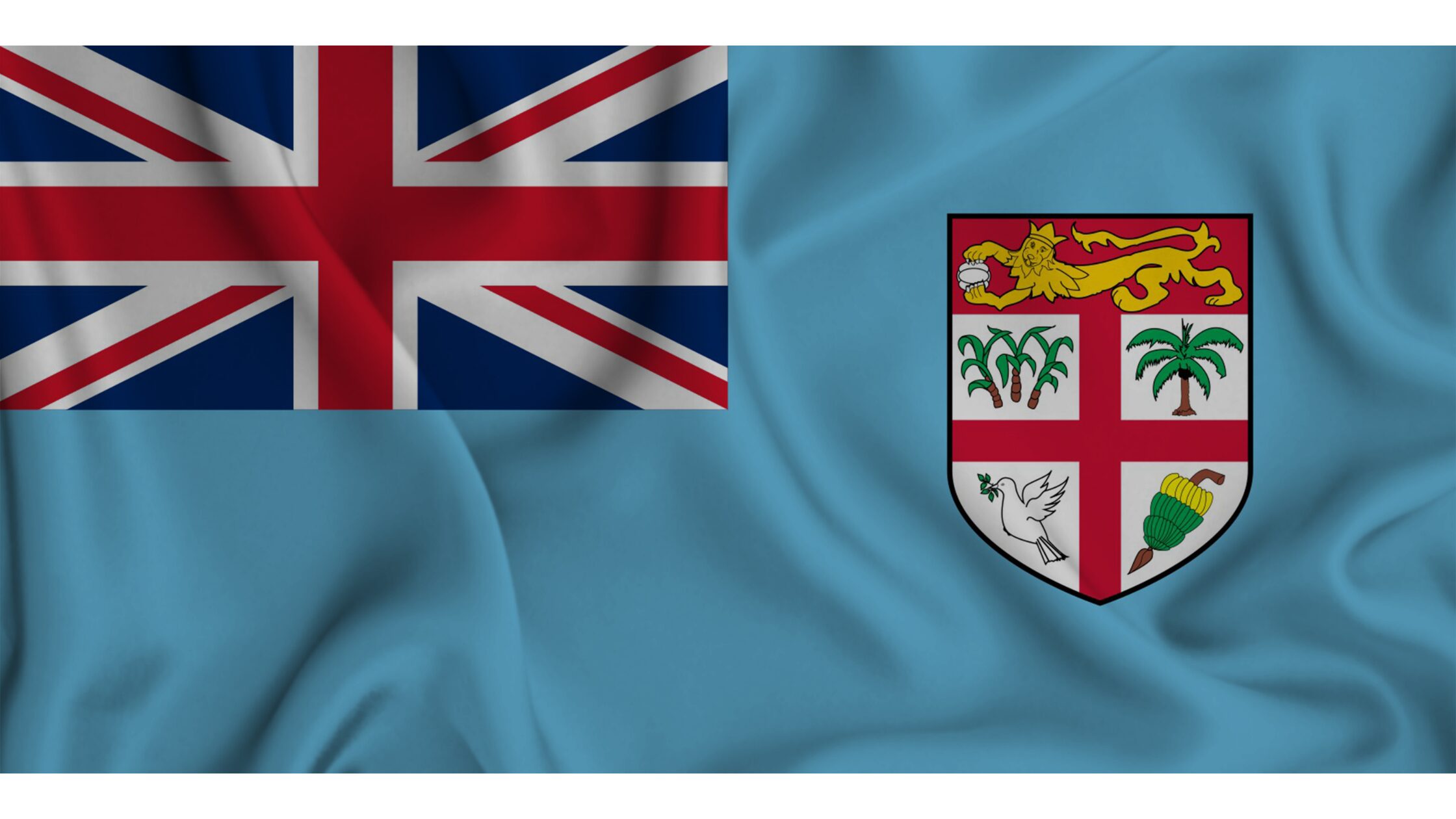Fiji is a multi-religious and multicultural society with various faiths coexisting harmoniously. The major religions in Fiji include Christianity, Hinduism, Islam, and Sikhism. The religious landscape has been shaped by historical and cultural factors, and Fiji is known for its diversity in religious practices.
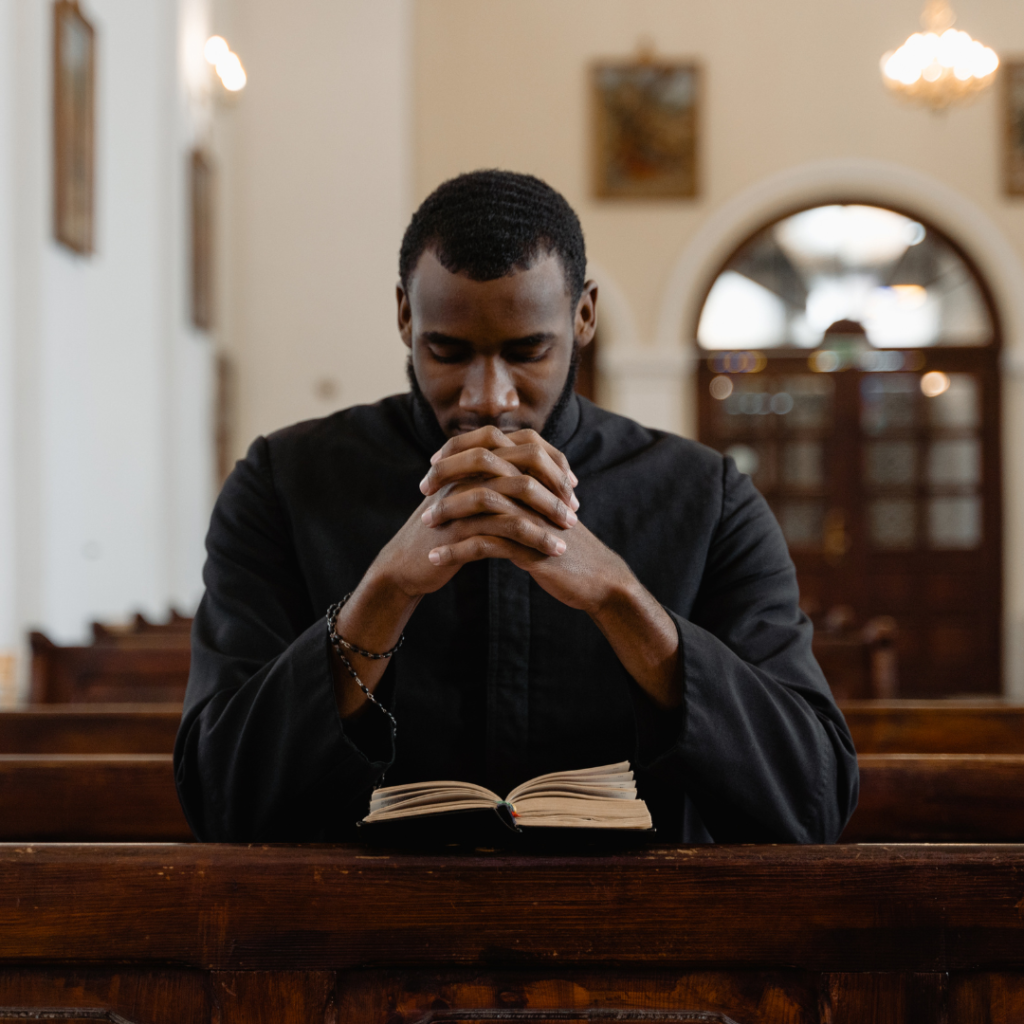
Major Religions
- Christianity: The majority of Fijians identify as Christians, with various denominations present. The major Christian groups include Methodists, Roman Catholics, Anglicans, and Pentecostals.
- Hinduism: Fiji has a significant Hindu population, primarily among the Indo-Fijian community. Hindu temples and practices are prevalent, contributing to the cultural richness of the nation.
- Islam: Islam is practiced by a notable portion of the population, mainly among the Fijian Muslim community. Mosques are present in urban centers, reflecting the Islamic presence.
- Sikhism: The Sikh community, while smaller compared to other religious groups, has a significant presence, particularly among the Indo-Fijian population.
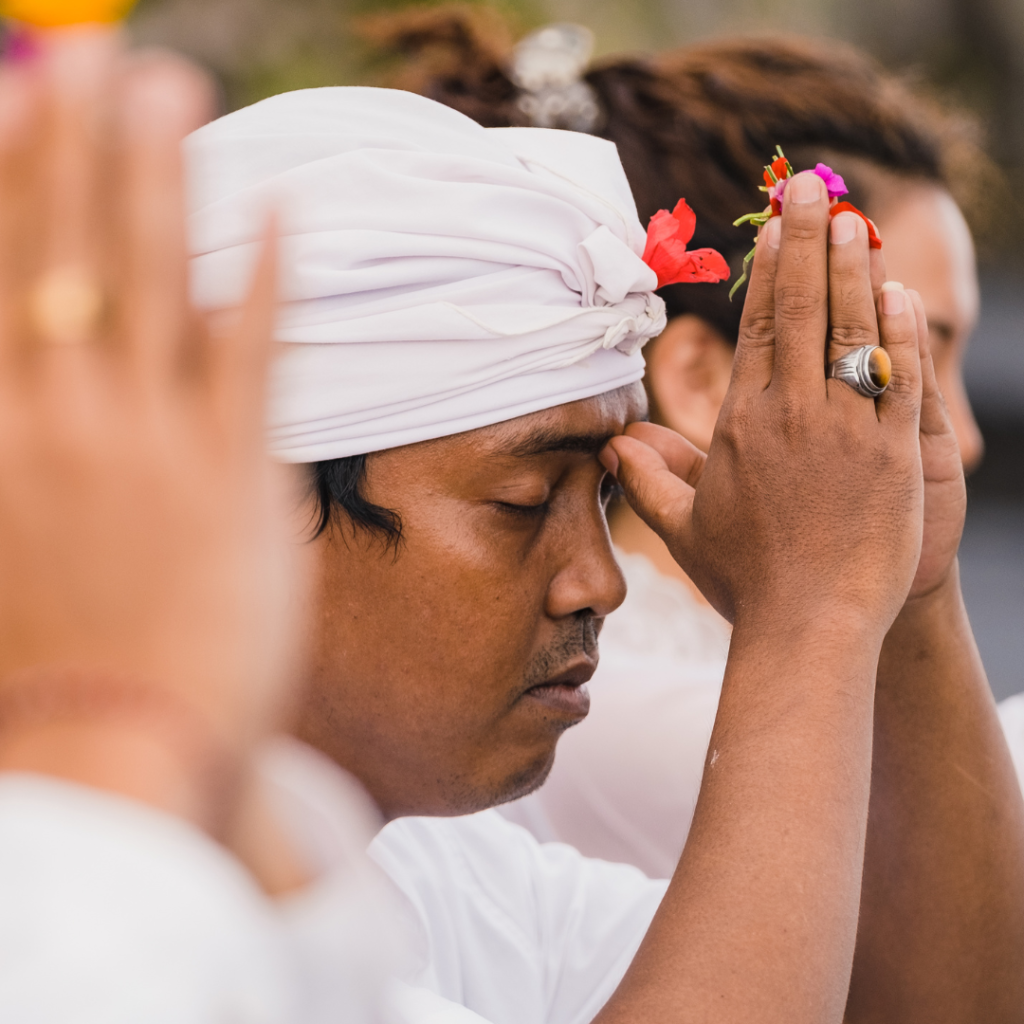
Religious History
The introduction of Christianity to Fiji dates back to the early 19th century, primarily through missionary activities. The arrival of indentured laborers from India in the late 19th and early 20th centuries brought Hinduism and Sikhism to the Fijian religious landscape. Islam also gained prominence during this period.
Religion in Fiji before Europeans
Before the arrival of Europeans, Fiji had a rich tapestry of traditional religious practices deeply rooted in the indigenous Fijian culture. These practices were characterized by a belief in ancestral spirits, animism, and a connection to the land and nature. Some key aspects of pre-European Fijian religious practices include:
- Ancestor Worship: Ancestors held a central place in Fijian spirituality. Ancestral spirits were believed to play a protective and guiding role in the lives of their descendants. Rituals, ceremonies, and offerings were made to honor and seek the blessings of ancestors.
- Connection to Nature: The Fijian people had a strong connection to the natural world. Spirits were believed to inhabit various natural elements such as mountains, rivers, and trees. Sacred sites were designated, and rituals were conducted to appease the spirits associated with these locations.
- Taboos and Rituals: Certain activities and places were considered sacred and subject to taboos. Rituals were performed to cleanse or purify individuals or communities, especially after significant events or to ensure a bountiful harvest.
- Spiritual Leaders: Each community had spiritual leaders or priests who played a crucial role in facilitating religious ceremonies. These leaders were knowledgeable about traditional rituals, symbols, and chants.
- Ceremonial Offerings: Offerings of food, traditional artifacts, and even human sacrifices were made in ceremonies to appease spirits and seek their favor. These ceremonies were often associated with important life events, such as births, deaths, and rites of passage.
- Ceremonial Structures: Temples and ceremonial structures were built for specific rituals and gatherings. These structures varied in size and complexity depending on the significance of the event.
- Oral Tradition: Much of the religious knowledge and rituals were transmitted through oral tradition. Chants, songs, and stories passed down through generations played a vital role in preserving and transmitting the spiritual heritage of the Fijian people.
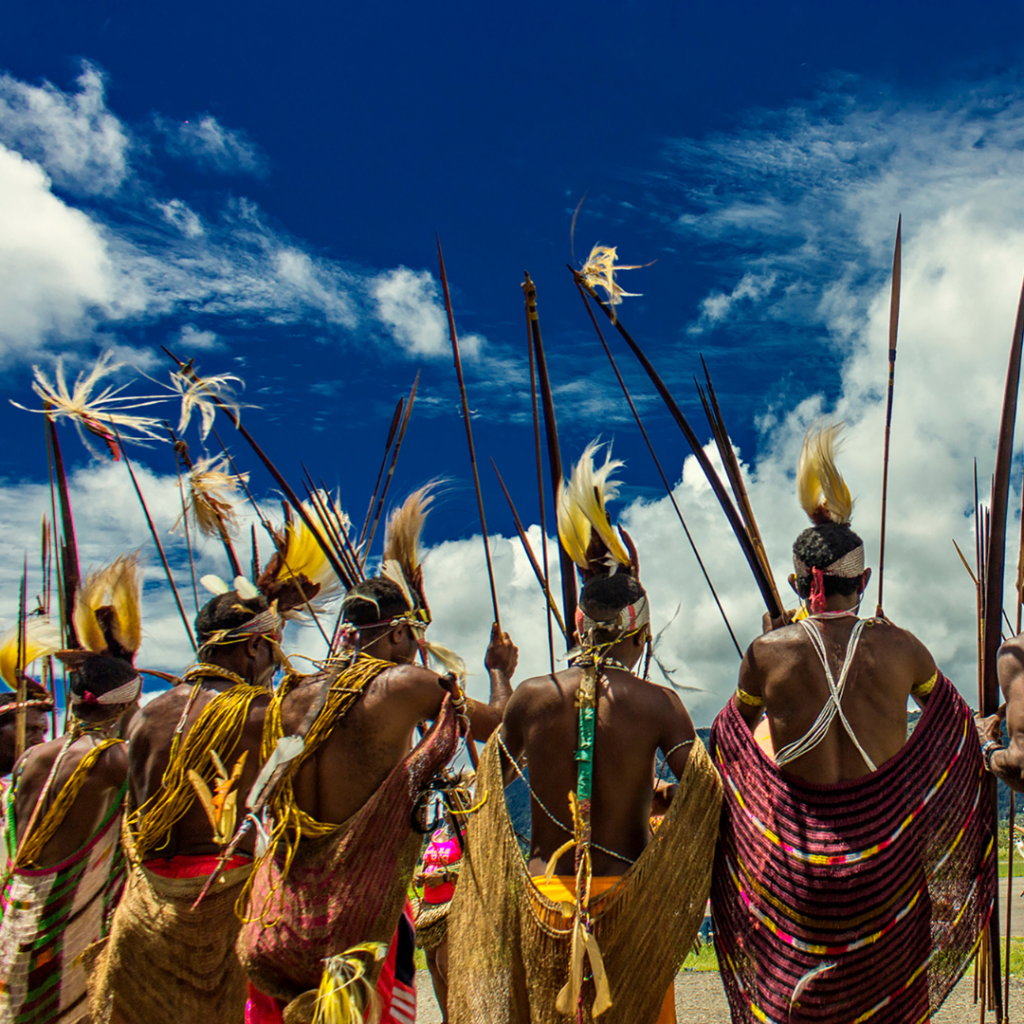
The arrival of European missionaries and colonial powers in the 19th century had a profound impact on Fijian religious practices. While many aspects of traditional beliefs persisted, Christianity gained prominence, and elements of indigenous spirituality became intertwined with Christian rituals. Today, the unique blend of traditional Fijian practices and introduced religions contributes to the diverse religious landscape of the islands.
Geographical Distribution
Religions in Fiji are not strictly geographically differentiated, as communities of different faiths coexist in various regions. Urban centers may have a mix of religious institutions, reflecting the multicultural nature of Fijian society.
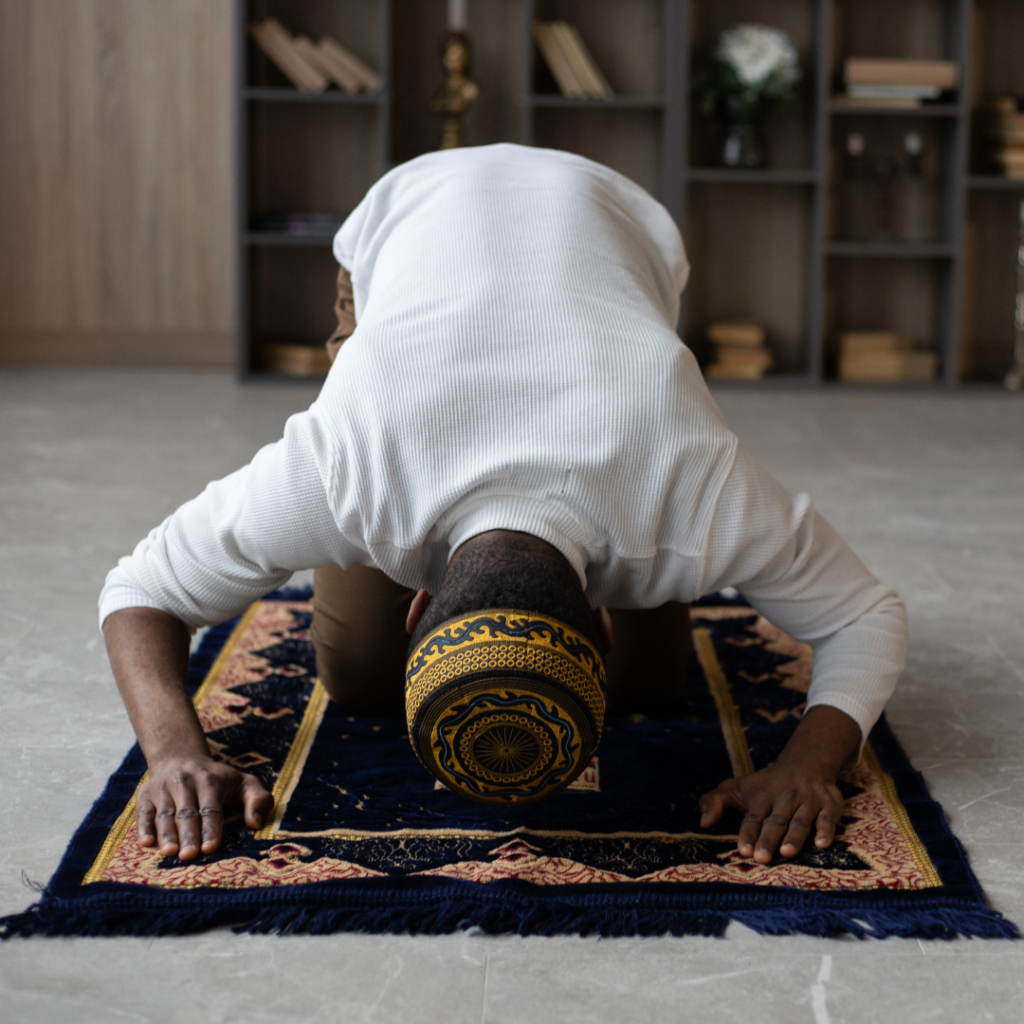
Religions by Population Numbers (Approximate)
| Religion | Percentage of Population |
|---|---|
| Christianity | 64% |
| Hinduism | 27% |
| Islam | 6% |
| Sikhism | 0.3% |
Minor Religions
While the major religions dominate, Fiji also has small communities practicing other faiths. These may include Bahá’í Faith, Buddhism, and traditional Fijian beliefs, among others.
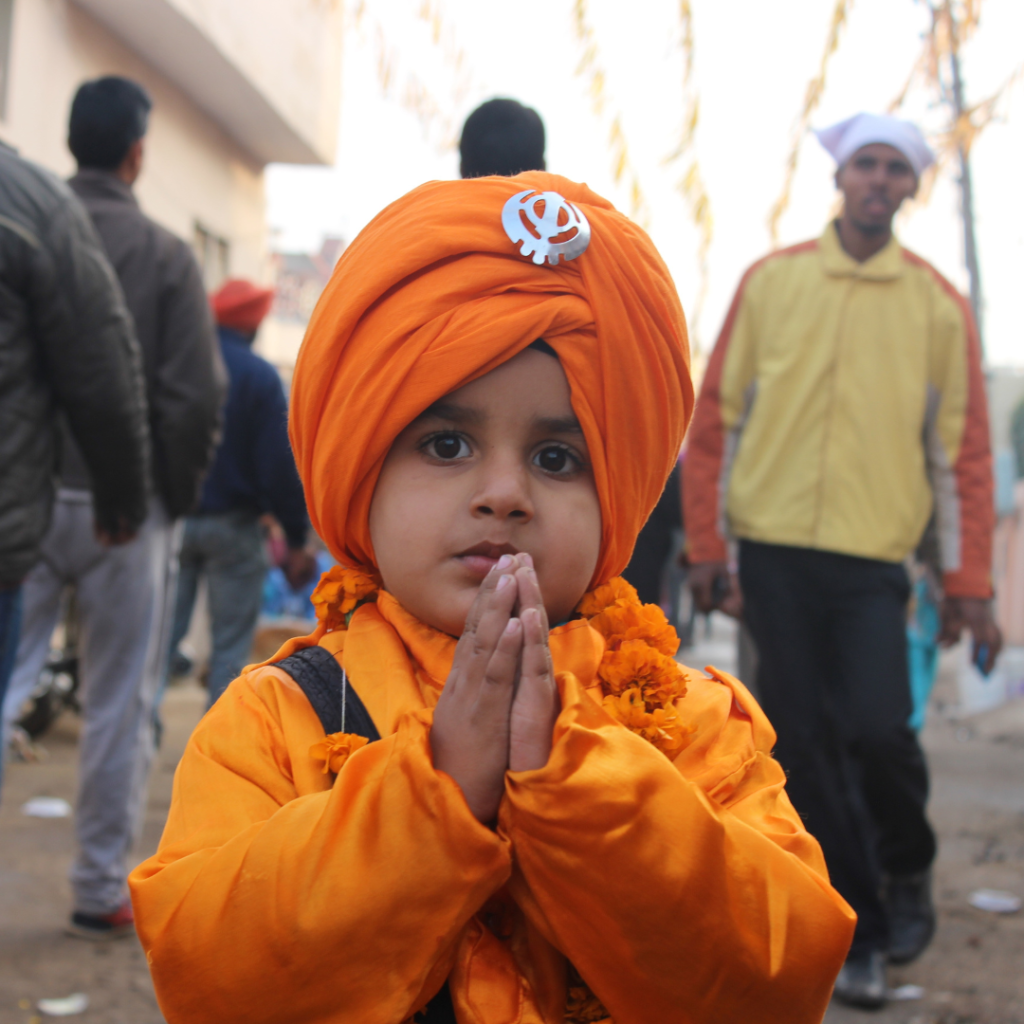
Fiji’s religious diversity adds depth to its cultural fabric, fostering a spirit of tolerance and coexistence among its people.
How to Experience Christianity in Fiji
As a Christian tourist in Fiji, you can experience Christianity through church services, events, and interactions with the local Christian community. Fiji has a significant Christian population, and Christianity plays a central role in the culture and daily life of the Fijian people. Here are some ways to engage with Christianity in Fiji:
- Attend Church Services: Joining a church service is a great way to experience Fijian Christianity. The services are known for their vibrant worship, hymns, and sermons. You may find different denominations, including Methodist, Catholic, Anglican, and others, depending on the region.
- Participate in Special Events: If your visit coincides with religious holidays or special events, consider participating in the celebrations. Christmas and Easter, in particular, are marked by special church services, processions, and community gatherings.
- Visit Local Churches: Explore churches in different regions, from urban areas to remote villages. Fijian churches often have distinctive architectural styles, and some historical churches are worth visiting for their cultural and religious significance.
- Engage with the Community: Strike up conversations with locals, and express your interest in experiencing their Christian traditions. Fijians are known for their warm hospitality, and they may welcome you to participate in church activities or community events.
- Respect Local Norms: While Christianity is a common bond, there are cultural nuances and practices specific to Fijian Christianity. Show respect for local customs, dress modestly when attending church services, and follow any guidelines provided by the community.
- Learn About Indigenous Christian Practices: Fijian Christianity often incorporates elements of traditional culture and spirituality. Be open to learning about how Christianity has been woven into the fabric of Fijian life, blending with indigenous beliefs and practices.
- Participate in Outreach Programs: Some churches and Christian organizations in Fiji engage in community outreach programs. If you’re interested, inquire about opportunities to participate in charitable activities or volunteer work during your visit.
While Christianity is a unifying factor, there are variations in the way different denominations express their faith. It’s essential to approach these experiences with an open mind, embracing the cultural diversity within Fijian Christianity. Additionally, being respectful of local customs and norms will enhance your overall experience as a Christian visitor in Fiji.
Where to Experience Christianity in Fiji
Few spiritual experiences can match the joy of seeing and hearing and feeling a Fijian choir in their home church. Fiji is home to several notable churches and cathedrals, each with its own unique history and significance. Here is a list of some famous churches and cathedrals in Fiji along with their locations:
- Sacred Heart Cathedral
- Location: Suva, Viti Levu
- Description: The Sacred Heart Cathedral is one of the most iconic Catholic cathedrals in Fiji. It is located in the heart of Suva, the capital city.
- Centenary Methodist Church
- Location: Suva, Viti Levu
- Description: This historic Methodist church, also known as Centenary Church, is located in Suva and holds a significant place in Fijian Methodist history.
- Holy Trinity Anglican Church
- Location: Suva, Viti Levu
- Description: Situated in Suva, the Holy Trinity Anglican Church is an Anglican cathedral known for its beautiful architecture.
- St. Francis Xavier’s Church
- Location: Navua, Viti Levu
- Description: St. Francis Xavier’s Church is a prominent Catholic church in Navua, offering a serene and spiritual atmosphere.
- St. Andrew’s Presbyterian Church
- Location: Levuka, Ovalau
- Description: Located in Levuka, the former capital of Fiji, St. Andrew’s is one of the oldest Presbyterian churches in the South Pacific.
- Centenary Church
- Location: Labasa, Vanua Levu
- Description: Labasa’s Centenary Church is a well-known Methodist church with a long history and an active congregation.
- Holy Cross Church
- Location: Taveuni
- Description: Holy Cross Church on the island of Taveuni is a notable Catholic church, surrounded by lush greenery.
- St. John’s Episcopal Church
- Location: Korovou, Tailevu
- Description: St. John’s Church is an Episcopal church in Korovou, known for its community involvement and spiritual services.
- Christ the King Parish
- Location: Nadi, Viti Levu
- Description: Christ the King Parish in Nadi is a Catholic church that serves the local community with religious services and events.
- St. Christopher’s Anglican Church
- Location: Lautoka, Viti Levu
- Description: St. Christopher’s is a notable Anglican church in Lautoka, offering a place of worship for the Anglican community.
These churches and cathedrals not only serve as places of worship but also hold cultural and historical significance in Fiji. You can explore the architectural beauty, attend services, and learn about the religious and cultural heritage of the islands.
